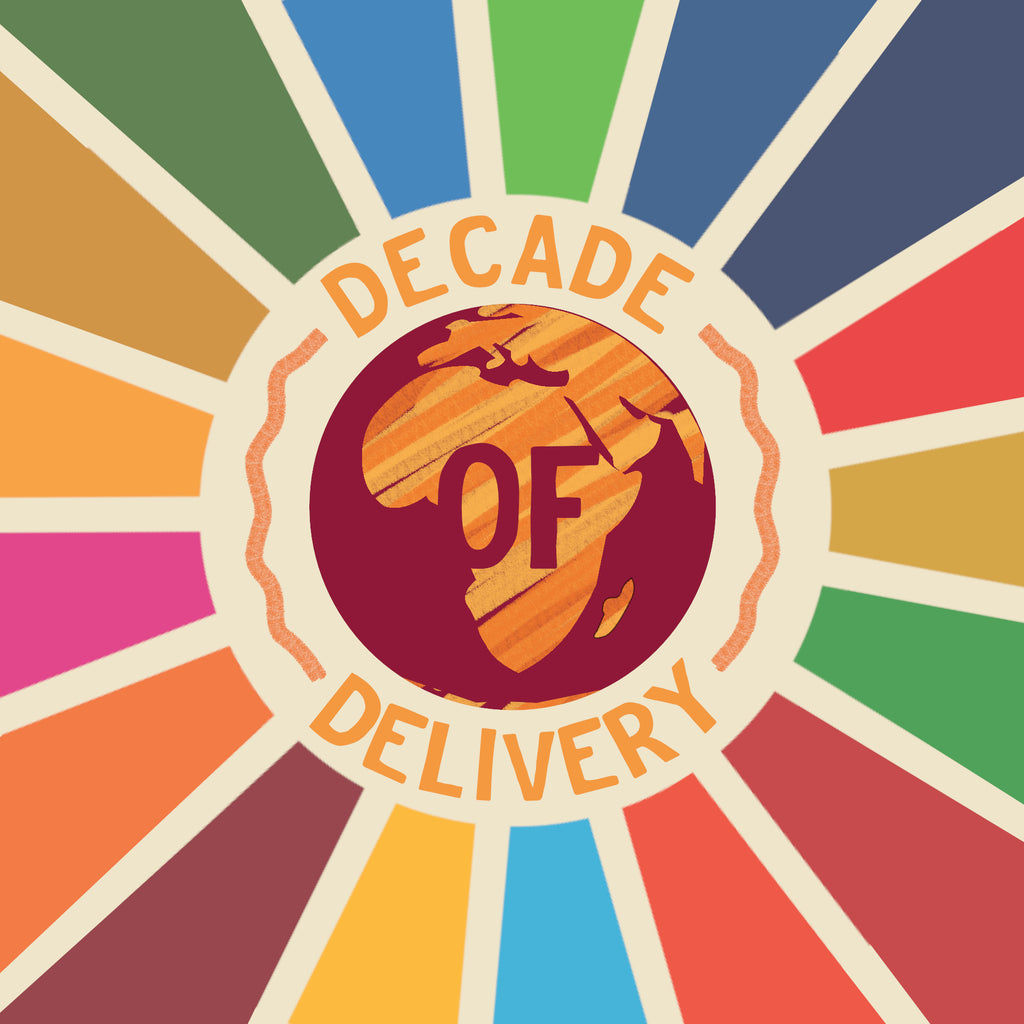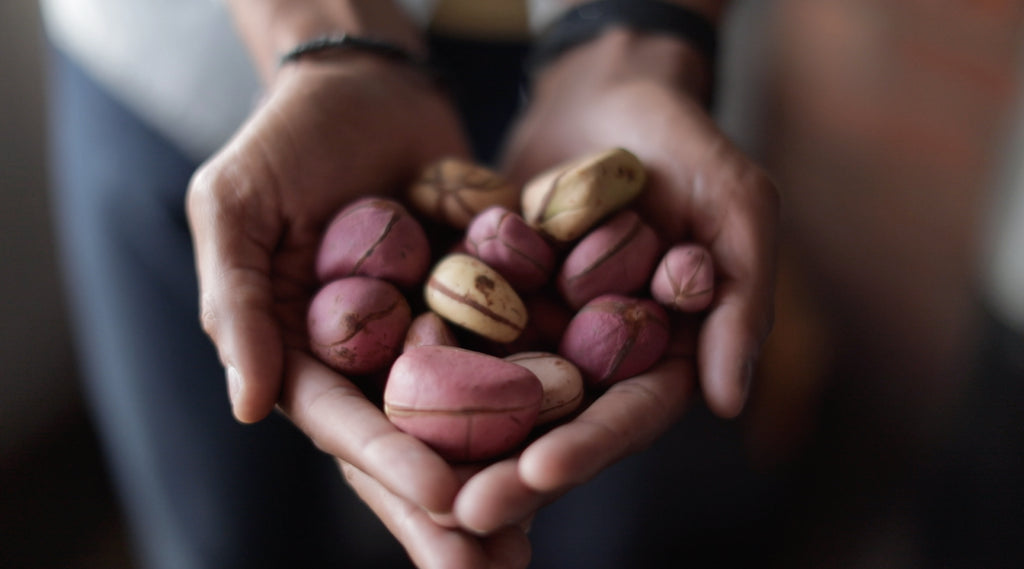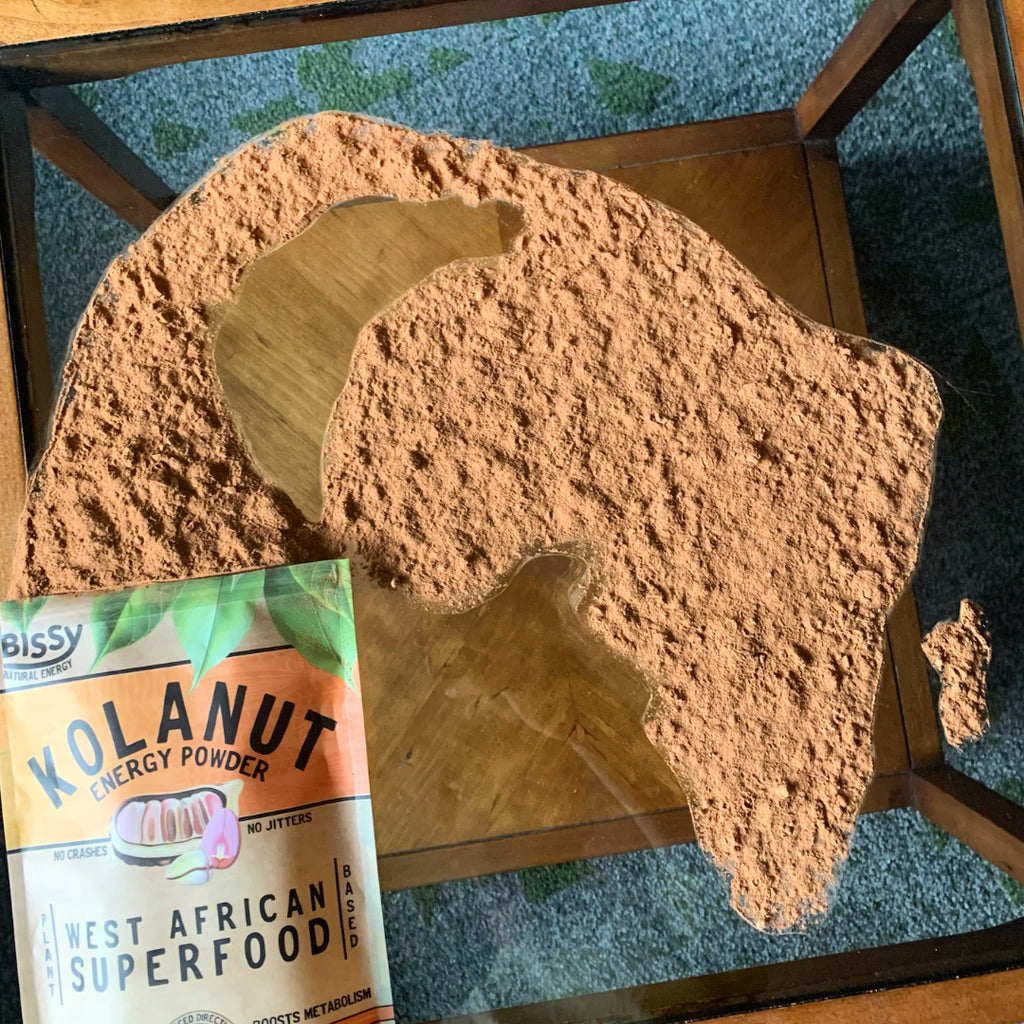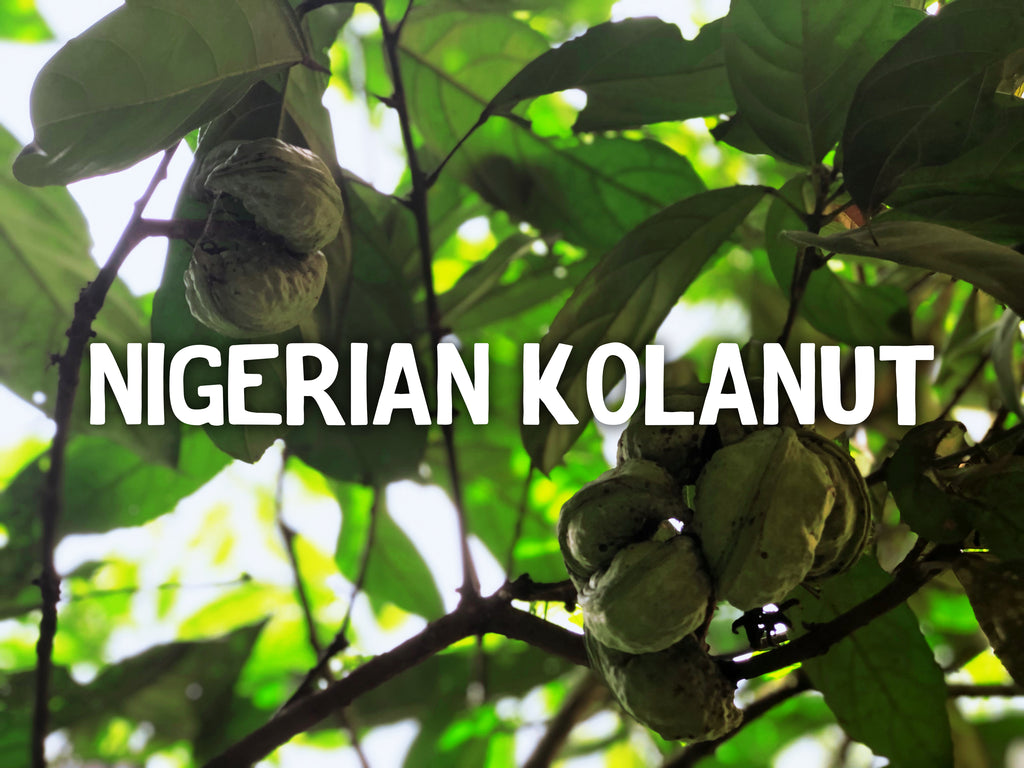Bissy Partners with the Cocoa Research Institute of Nigeria
Posted by James Swinyard on
In traditional Nigerian culture, kolanut is a right of cultural passage; a cornerstone of what it means to be West African. It provides a livelihood for the people who grow and sell it, while enabling its consumers to get through their busy days with impeccable focus and elevated energy. Just as kola provides power to the mind for an energized and productive lifestyle, Bissy and our strategic partners share a commitment to empowering our smallholder farmers, Nigeria's unemployed youth, and underrepresented women-led initiatives.
Through our partnership with Cocoa Research Institute of Nigeria (CRIN), we will be the first to ever certify kolanut as a Fair Trade ingredient, as well as the first to ever certify a product as Fair Trade in Nigeria. It is our hope that the alliances we form today will provide Nigerian farmers with a future of continued and growing access to vital resources such as financing, agricultural inputs, training & development, and marketing services.

The Cocoa Research Institute of Nigeria (CRIN)
CRIN was established in Ibadan, Oyo State, Nigeria on December of 1964. With nearly 60 years of data and experience, CRIN is responsible for conducting research to facilitate improved production of disease-free, or disease resistant cocoa, kolanut fruit, coffee, cashew, and tea in Nigeria.
The five expressed objectives of CRIN are the:
- Improvement of the genetic potential, agronomic and husbandry practices, including processing and storage of the crops.
- Identification of the ecology and methods of control of pests and diseases affecting the crops.
- Investigating the effective utilization of the crops and their by-products, and the feasibility of small-scale production of such end-use products.
- Integration of the cultivation of the mandate crops into cropping systems where each crop is grown by farmers.
- Translation of research results and improved technologies into practice among farmers and manufacturers in order to improve production and socio-economic life of the people.

Bissy With CRIN
Bissy will work with CRIN to immediately begin certifying each of our smallholder farmers for Fair Trade. Our investment, along with the Fair Trade standards, will allow our farmers to utilize the newest agricultural technologies while adopting agricultural best practices aimed at increasing productivity, yields, income, profit, and farmer livelihood. We plan to continuously refine the farmers leadership and managerial skills with the goal of improving their overall operations.
Bissy is committed to providing four key supportive tools, resources, and services to smallholder farmers in Nigeria:
Financial Backing — utilizing an innovative approach to de-risk the kolanut farmers, we raise and provide cost effective capital to finance CRIN and their farmer members.
Agricultural Inputs — providing the appropriate balance of agricultural inputs, at the right time, applied in the right way, at highly competitive prices. This ensures that member kolanut farmers of CRIN attain optimal levels of productivity and product quality, while minimizing negative environmental impacts.
Training & Development —providing the required training and development to establish strong democratized farmer groups under CRIN’s management.
Marketing Services — farmers receive access to Bissy and CRIN’s market services, assuring good warehousing practices, access to trade markets, and increased profits.

When I first met with our partner, Dr. Olubamiwa, the Director of CRIN, I asked him if I was in over my head with respect to setting up a sustainable, vertically integrated supply chain within the country. In a swift grace, he smiled at me and said, “If you think you're too small to make an impact, you've never spent the night with a mosquito.” This African proverb, and many others I've picked up on over the past two years, serve as mindful gestures to keep pushing forward, to stay committed to our mission, and to continue strengthening our partnership.
Our partnership with CRIN is our commitment to creating a value chain of the utmost quality, while giving thoughtful consideration to each farmer, kolanut, and customer in our Kola Kollective. By opening new markets and new distribution channels for kolanut farmers, certifying them for Fair Trade, and supporting CRIN in their efforts, we will aid in lifting communities out of poverty, advocate for gender equality, and further diversify Nigeria’s struggling economy. With the help of Dr Olubamiwa, his team at CRIN, and our Tribe in the United States, Bissy will ameliorate the economic landscape in Nigeria through market creating innovations.
If you like what you just read, you will love what you taste! Order yourself some kolanut energy today and let's #getbissy
Learn more about CRIN by visiting their website.




